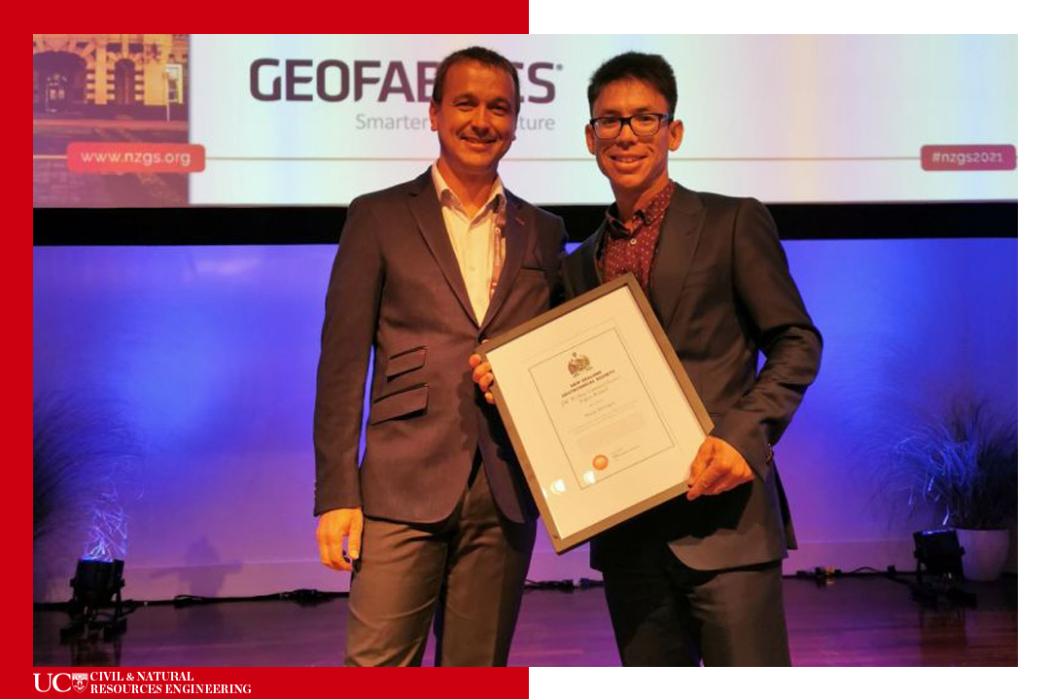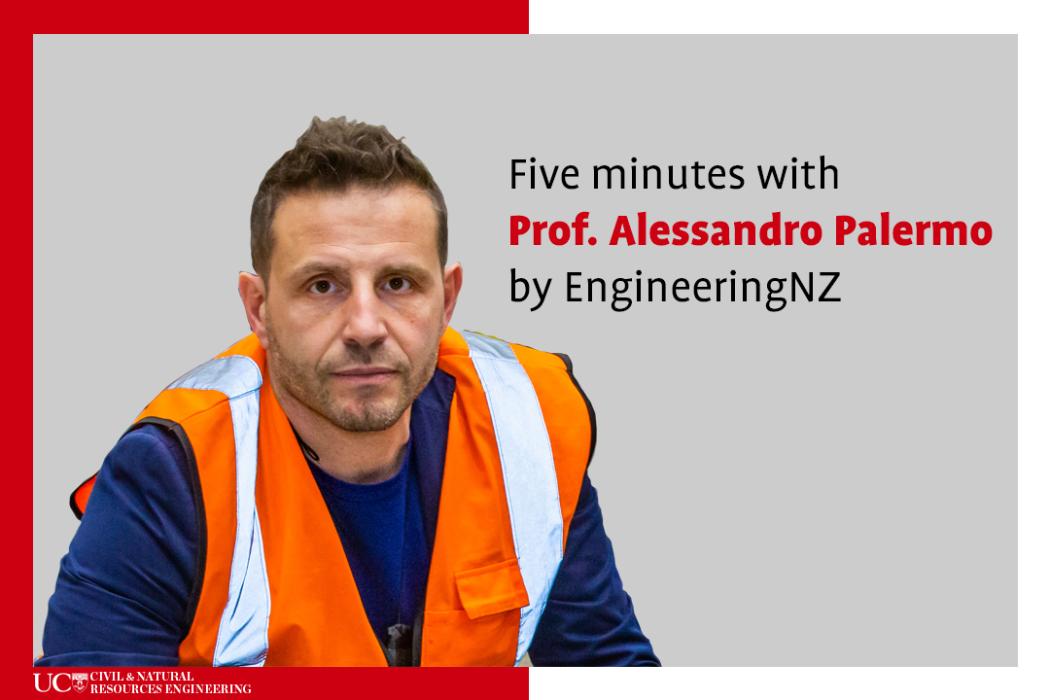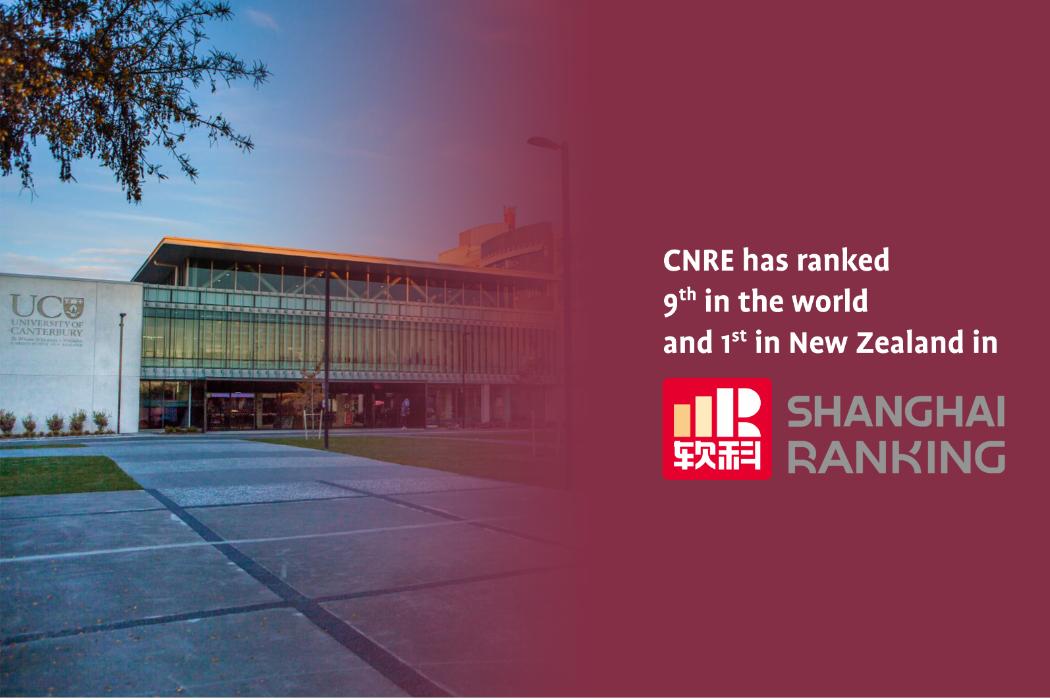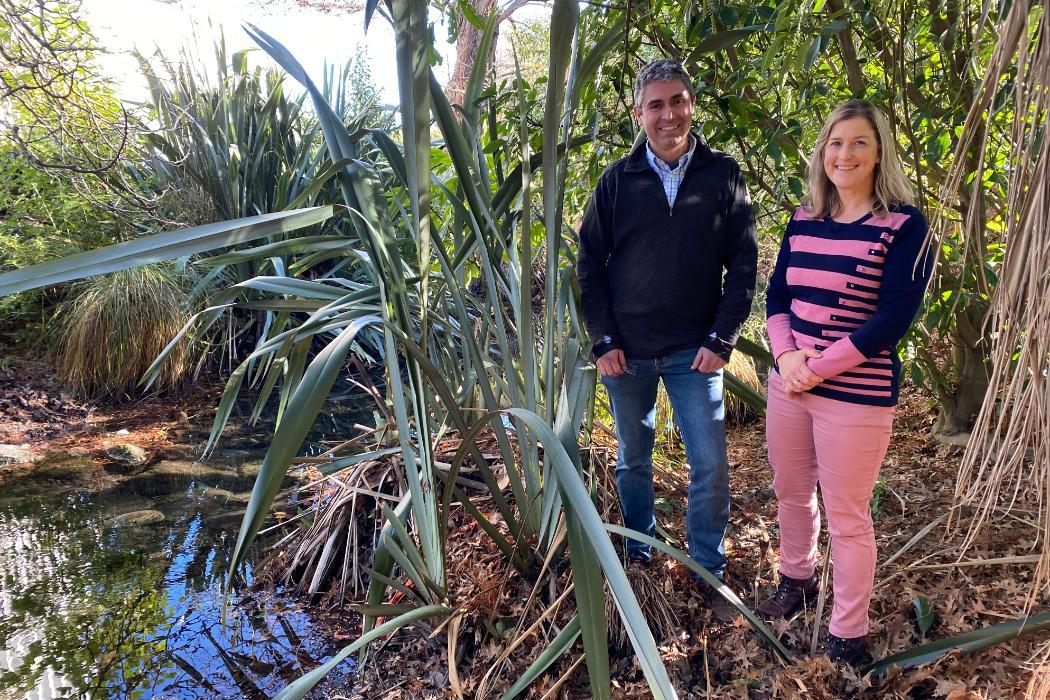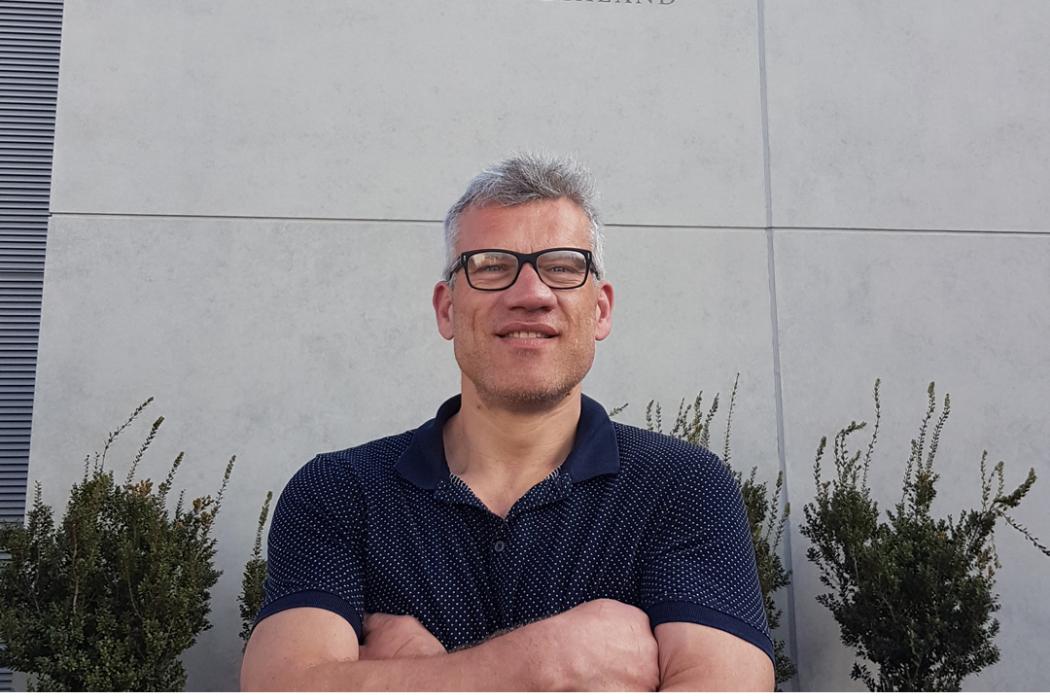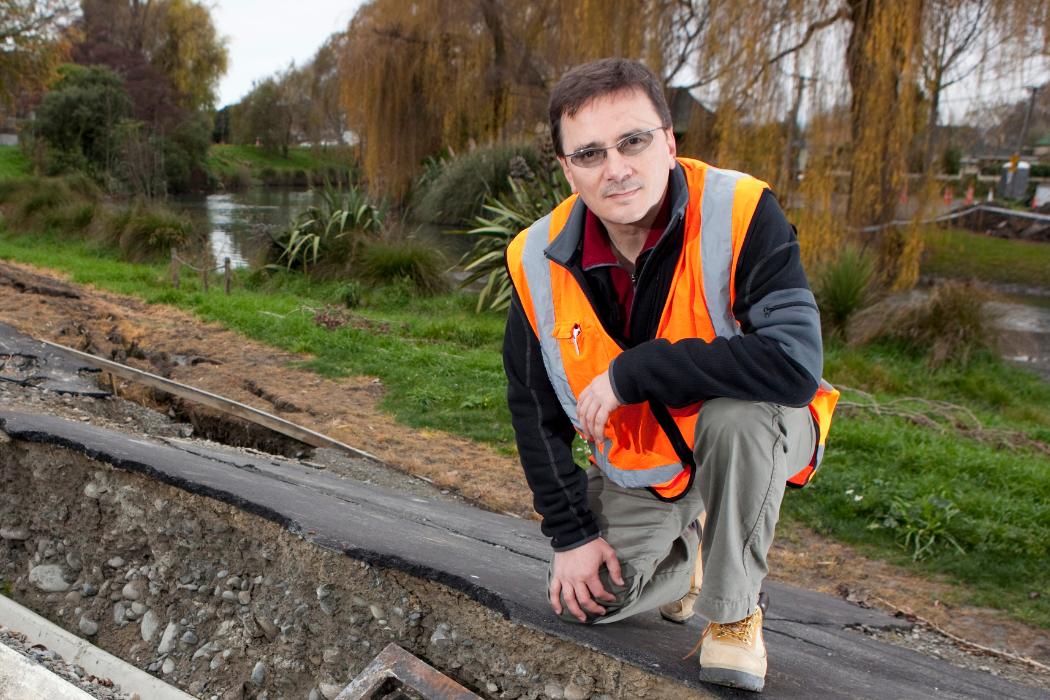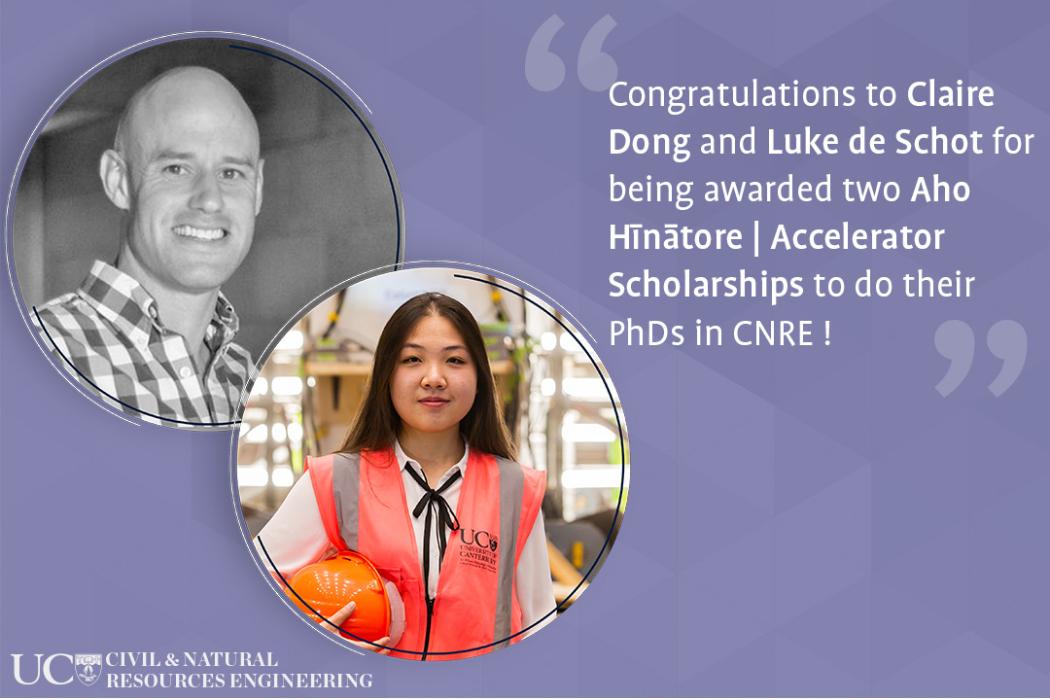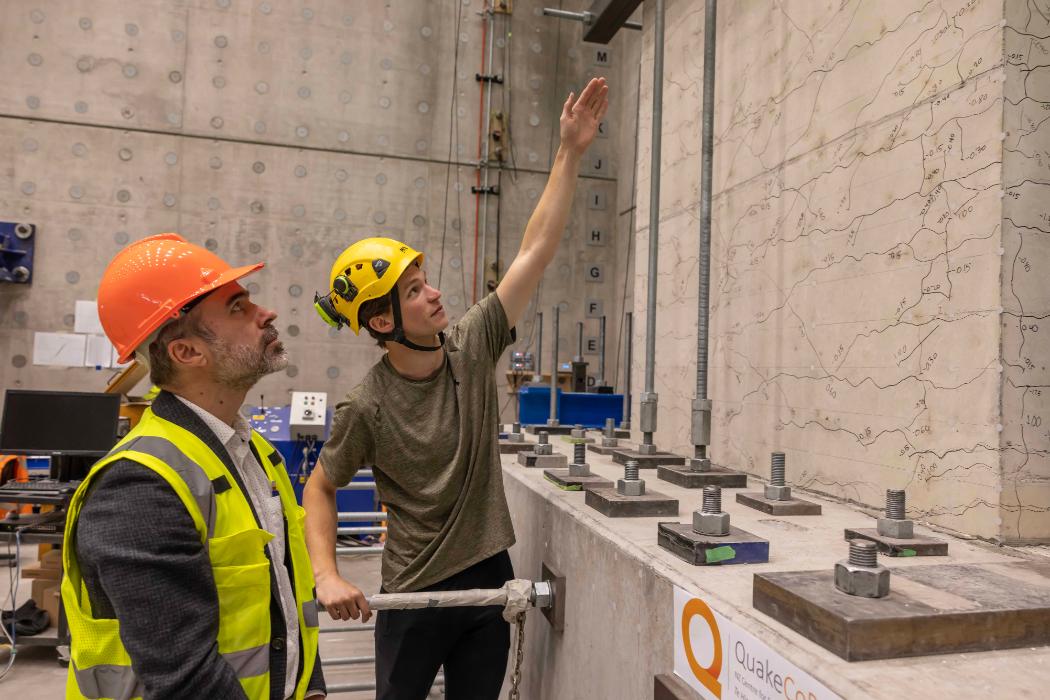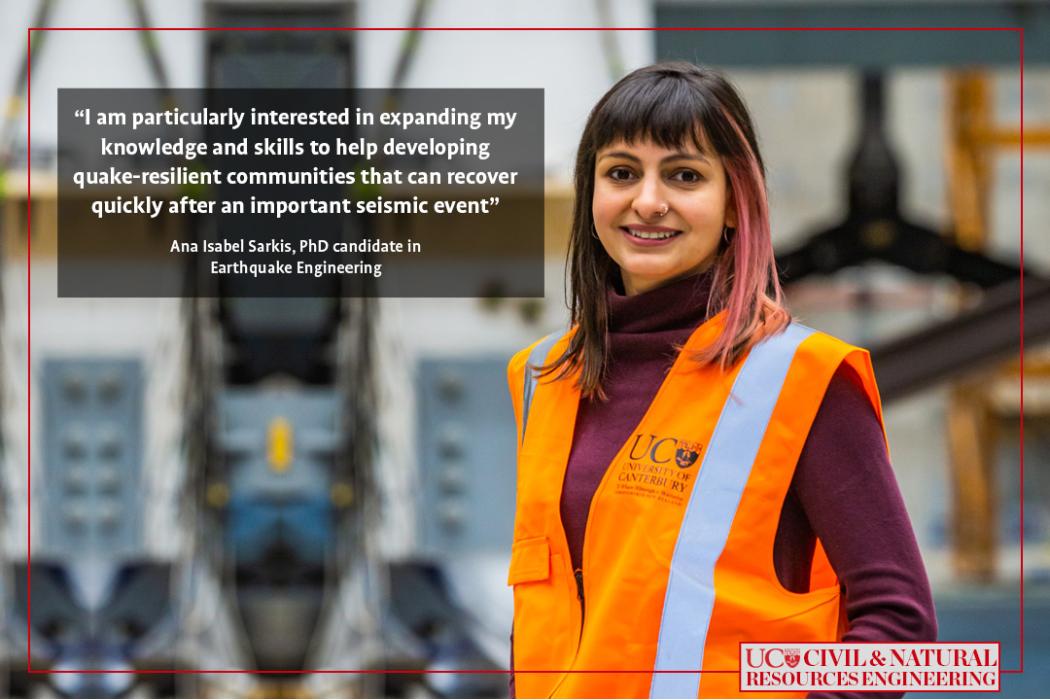The objective of geotechnical engineering is relatively simple: to transfer the loads from the structure, including those from earthquakes, wind or human activities (e.g. traffic) to the ground in a controlled manner, so that the building or particular structure performs as desired, for safe and normal use.
Geotechnical engineers deal with what nature provides (soils at the construction site). The ground conditions at every site are unique, making geotechnical engineering one of the most challenging, but also one of the most interesting engineering disciplines. Every project begins with a careful investigation of the subsurface soil properties using sophisticated technologies and interpretive methods. Geotechnical engineering covers a wide variety of problems - from assessment of residential land, design and construction of man-made earth structures (e.g. earth dams, landfills, or reclaimed land), and design of foundations for large structures on soft ground, to preventing harmful earth slips and soil liquefaction during earthquakes. Earth dams, buildings, urban infrastructure, and critical lifelines need sophisticated testing, analysis, and design by specialised geotechnical engineers. Retaining walls, road embankments, deep excavations, bridges, tunnels, offshore oil platforms, and waterfront structures also require significant geotechnical engineering input to their design and construction.
Geotechnical engineers are specialist civil engineers who have gained significant practical experience and often a postgraduate qualification. More than any other area of civil engineering, geotechnical engineering combines modern technologies with personal skills and experience making it a rewarding and satisfying career.


